Center Opposes All Three Ballot Questions
The RI Center for Freedom & Prosperity urges Rhode Island voters to reject all three 2018 ballot bond questions as too costly, near-sighted, and overly geared toward special interests.
Question 1, the largest bond question, would put Rhode Island significantly further into debt by spending a whopping $250 million to repair school buildings (and would ask for another $250 million in 2020), and is also flawed because it:
- Bails out irresponsible city/town and school officials who have misappropriated existing local tax receipts by neglecting to address school building repairs over the years.
- Lacks any long-term vision or strategy in planning for the anticipated educational environments of the future.
“Of course, no one wants unsafe schools,” said the Center’s CEO, Mike Stenhouse, “but when we are talking about this much of a new burden on taxpayers, it is imperative that we are strategic in how we deal with this problem.”
More details on Question 1 below.
Question 2 asks taxpayers to fund $70 million in non-vital new higher education facilities that would mostly benefit other states, as far too many of our college and university graduates end up leaving the state in search of meaningful work. Until we develop a growing economy that can absorb new young workers entering the jobs market, this bond spending would not provide a good return on investment.
Question 3, an extension of the RhodeMapRI scheme, advances a dubious green-economy strategy by spending $47.3 million on a multitude of politically correct sustainable-development projects.
Special-Interest Government Spending Does Not Replace Grassroots Development. All three ballot questions are designed to help special-interest cronies. Because of Rhode Island’s dismal business climate, including a burdensome tax and regulatory structure, our state’s economy is not attracting enough grassroots private money for major capital projects. Instead, seeking work and dues from their employees and members, construction company insiders and labor union officials continually pressure government to spend taxpayer money on unnecessary public-works projects. Taxpayers also suffer a “double hit” because, unlike privately-financed projects, these government-funded boondoggles require abnormally high “prevailing wages” and mandate other costly pro-labor mandates.
Already Too Much in Debt. All three ballot questions would worsen an already burdensome debt problem. Historically, Rhode Islanders pass almost all bond questions that make it to the ballot, and no indications have emerged that this election will be any different. If anything, consensus that the Ocean State’s public schools are in deplorable condition is translating into even-greater-than-usual consensus that we ought to saddle taxpayers with another $250–500 million in debt.
Broadly, Rhode Island is relying too heavily on debt to cover its bills. The Mercatus Center at George Mason University puts Rhode Island’s long-term liabilities at 90% of the state’s assets, which is higher than the average state.[1] Truth in Accounting’s State Data Lab gives Rhode Island a D for finances, with $8,288,881,000 in bonds and other liabilities, plus another $4,316,527,000 in pension and other retirement liabilities.[2] A recent Rhode Island Public Expenditures Council (RIPEC) report finds Rhode Island already among the worst states when it comes to debt per capita and debt per income.[3]
More debt is not the answer to the Ocean State’s problems; it is a major problem in itself. Adding $589,462,045 in principal and interest by passing the three ballot questions will make it worse.
The State of Rhode Island and its municipalities must be more prudent with the tax dollars they already collect — for example, prioritizing school-building maintenance over more frivolous projects.
More on Question 1. The RI Center for Freedom & Prosperity agrees that our education infrastructure is in lamentable shape, but we encourage Rhode Islanders to vote to reject Question 1’s new borrowing on the ballot.
Wrong to “bail out” irresponsible local officials. Focusing on the biggest ballot question — the $250 million school construction bond — the incentives that it would create will be damaging, as well. Making this money available to local school districts that have been negligent in maintaining their infrastructure will only reinforce their habit of letting basic maintenance slide in order to fund other priorities, like above-market-rate increases to government worker compensation. The legislation allowing these bonds to go on the ballot provides insufficient incentive for our cities and towns to change their ways. Further, it is unfair to ask state taxpayers to bail out local communities.
What do the “education futurists” say? Taking an even broader view, we should also question the wisdom of making these massive investments when our society is changing so quickly. What will education look like 20 years from now? What sorts of spaces will students require? The weight of debt will hinder Rhode Island’s ability to adapt and to innovate in the future.
The Center does not believe it is prudent to burden Rhode Islanders with decades of new debt in order to rebuild an arguably obsolete, century-old school model, especially when new educational-environment models are rapidly evolving.
Many “education futurists” no longer envision that large and cold school buildings with walled-off classrooms will be how our children will be taught in the coming years. Creating more-productive learning environments that take advantage of ever-evolving Internet and other technologies could mean that home-based or large online-lecture type instruction may increasingly become the norm. This educational vision would require a far different kind of school campus than what this half-a-billion taxpayer-funded bond might be wasted on.
The Center is not aware of, but is open to review, any kind of long-term strategic educational plan that would justify massive investment in a potentially soon-to-be defunct school model.


 With a lifelong record of helping people both professionally and philanthropically, Dr. Daniel Harrop personifies the three pillars that our Center’s annual award is based upon: 1) Entrepreneurial or free-market business leadership, 2) Civic engagement, and 3) Record of philanthropic giving or charitable organization volunteerism.
With a lifelong record of helping people both professionally and philanthropically, Dr. Daniel Harrop personifies the three pillars that our Center’s annual award is based upon: 1) Entrepreneurial or free-market business leadership, 2) Civic engagement, and 3) Record of philanthropic giving or charitable organization volunteerism.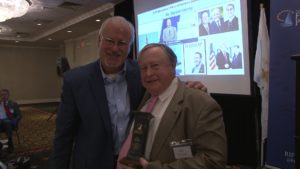

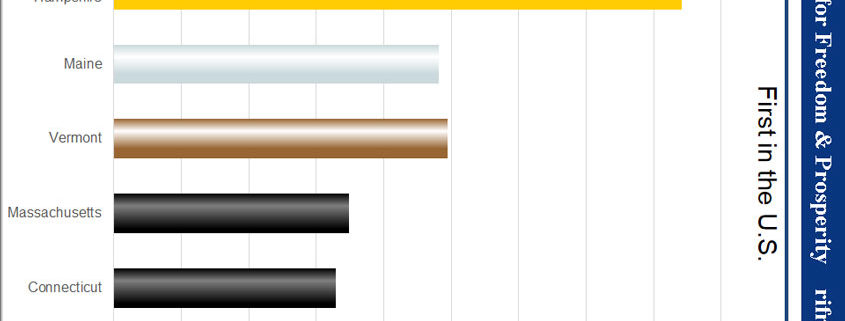
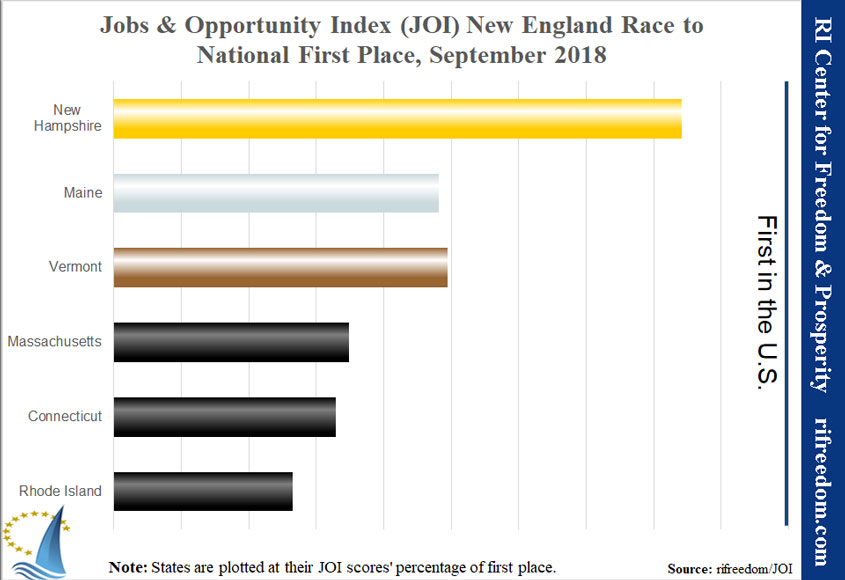
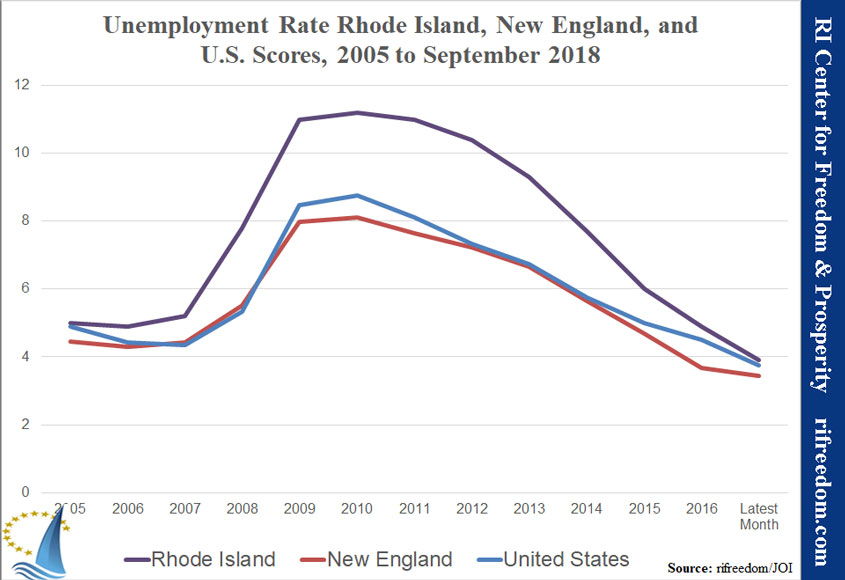
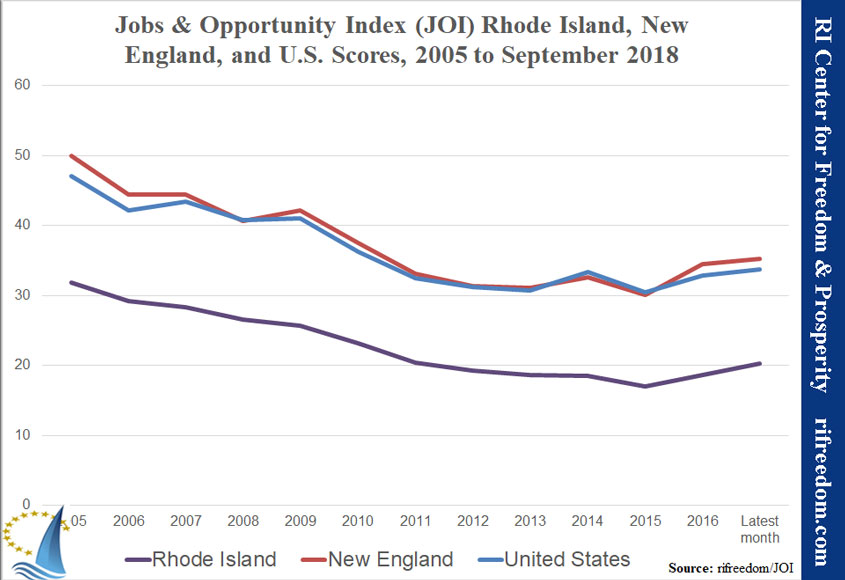
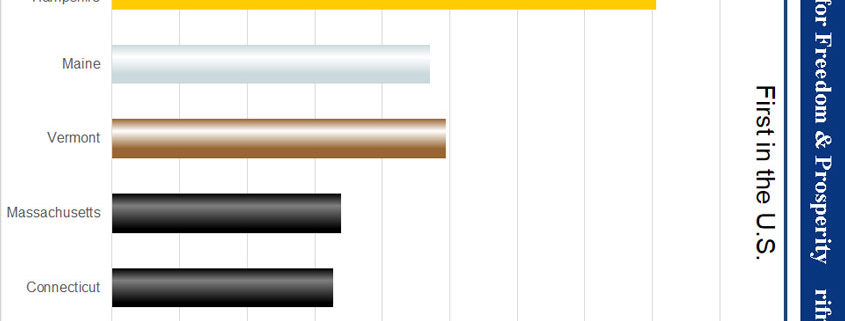
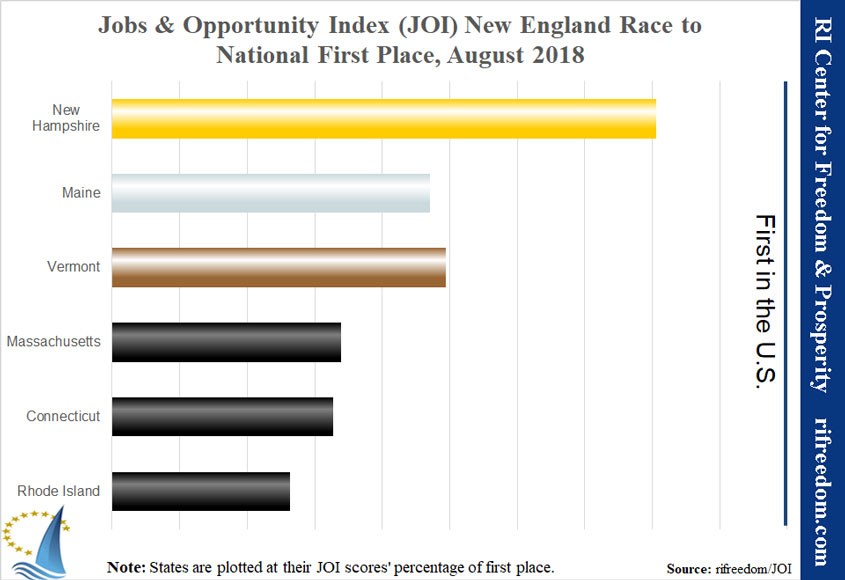
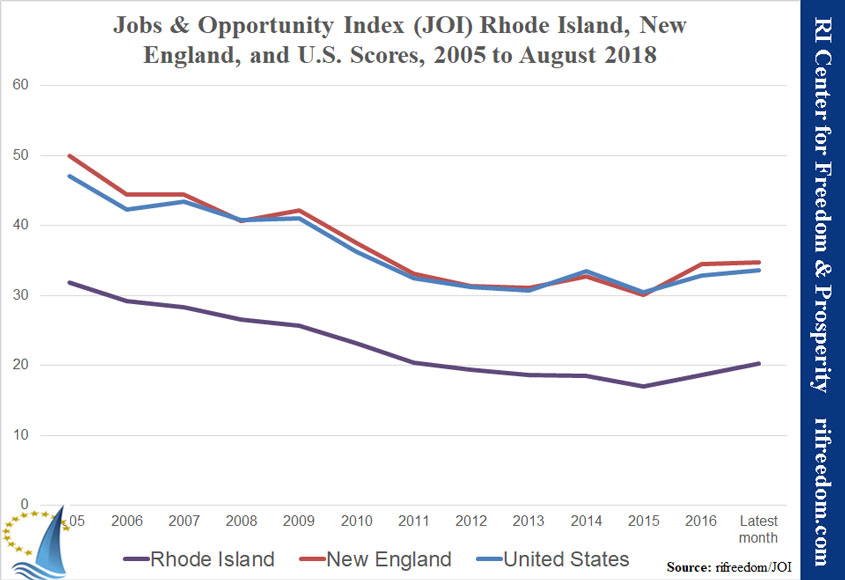
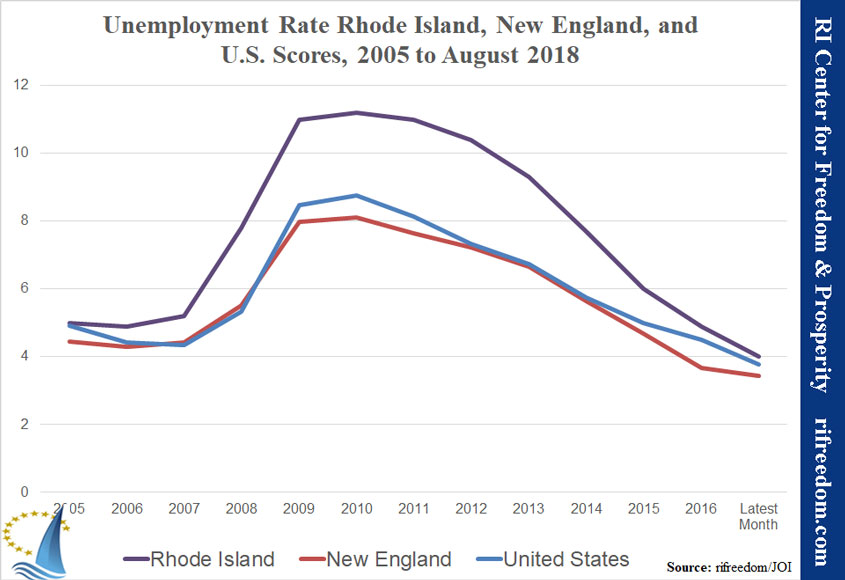


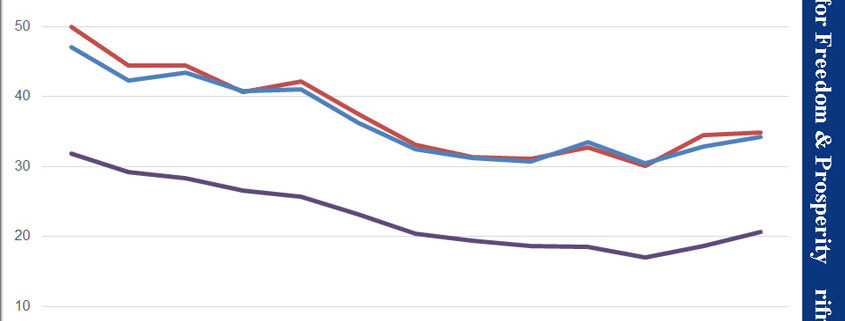


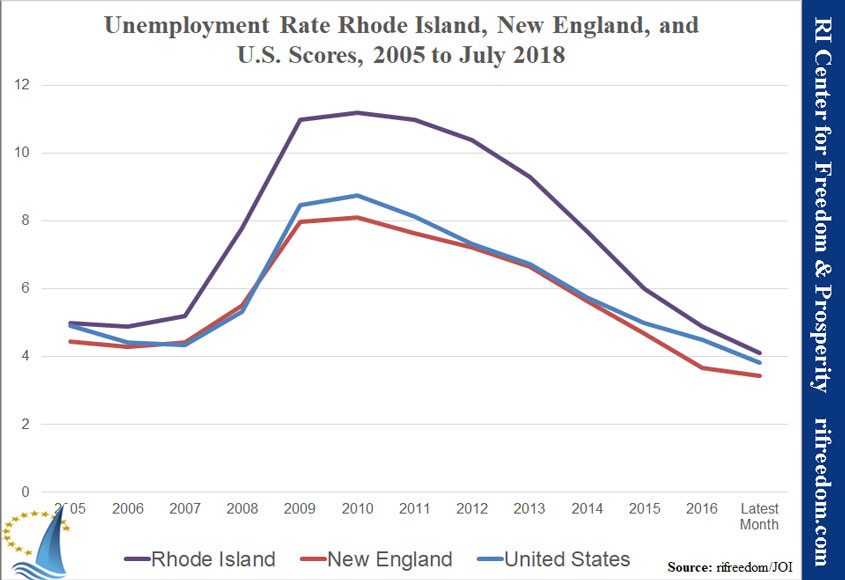


 Your comment was submitted successfully!
Your comment was submitted successfully!